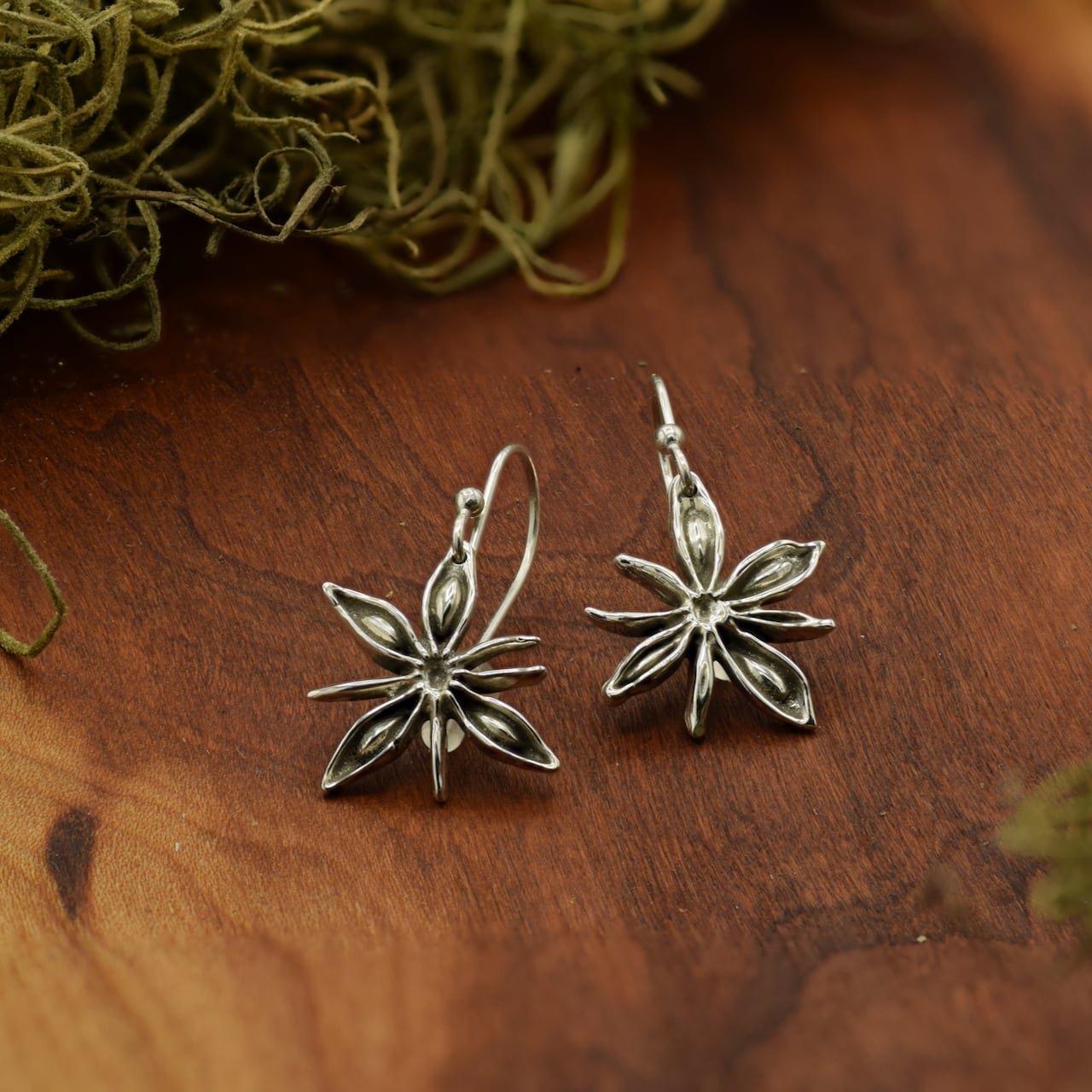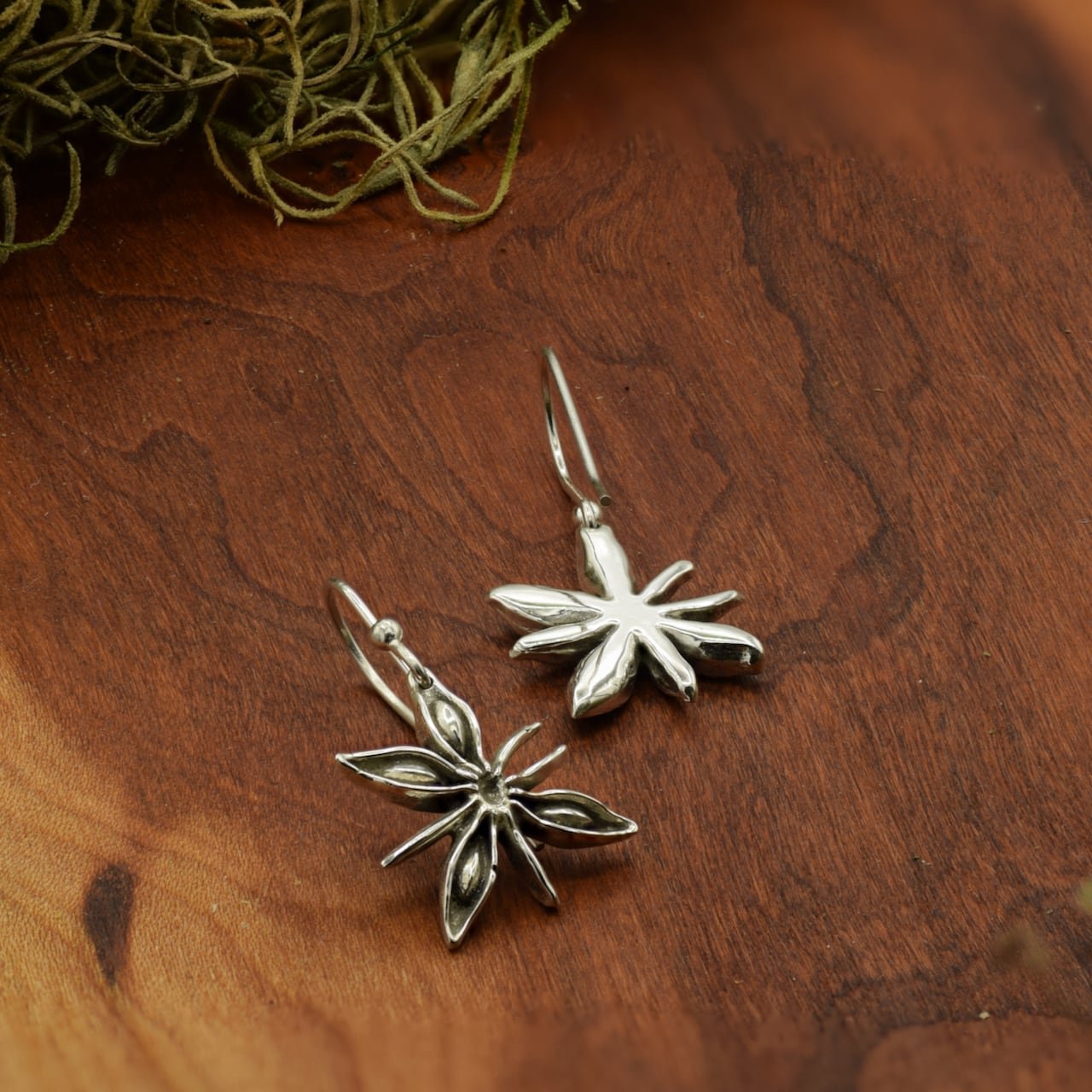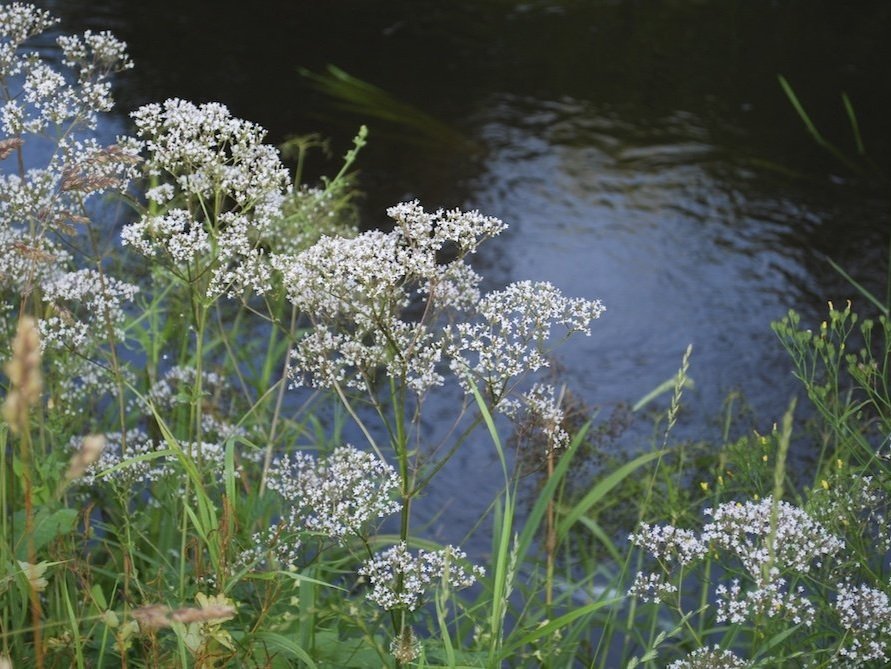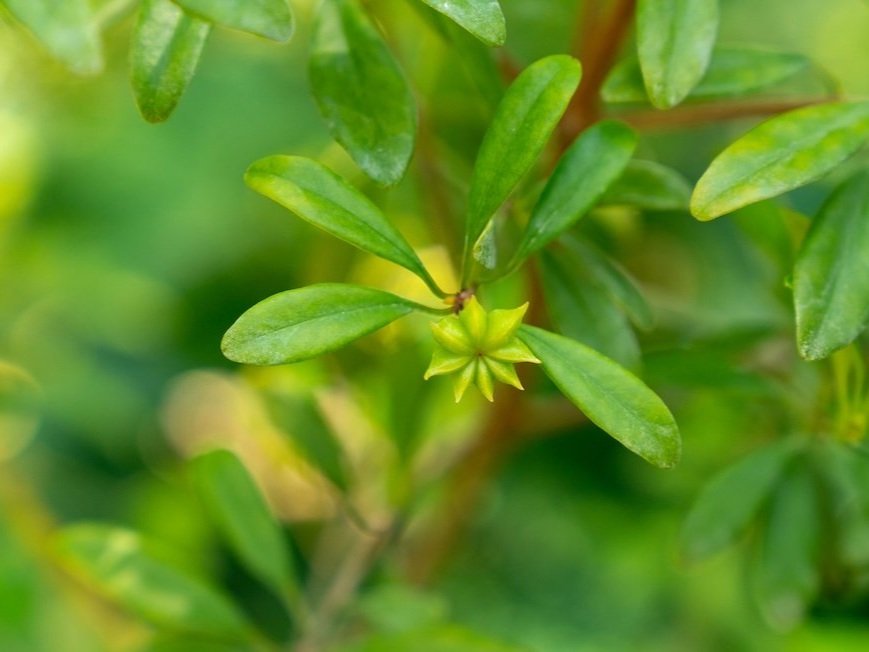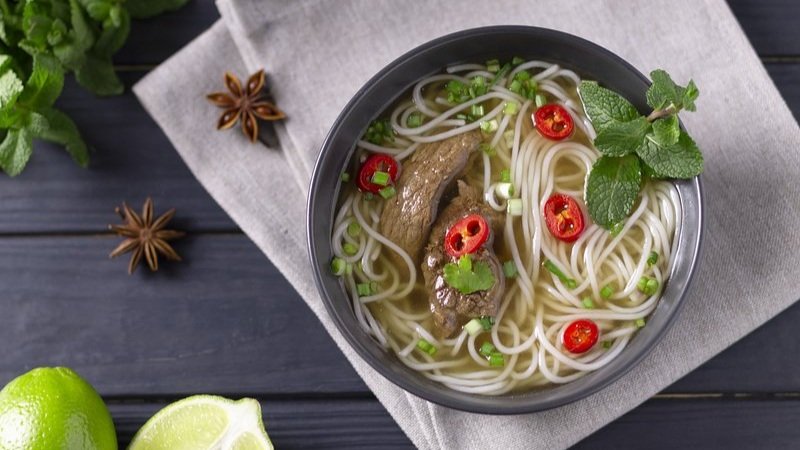What’s the difference between Anise and Star Anise?
These two plants are easy to confuse. They both add a spicy licorice flavor to our food, but they have distinct flavor intensities, culinary and medicinal uses, and botanical origins that set them apart.
Pimpinella anisum, or anise. Native to the Mediterranean region and parts of the Middle East.
Illicium verum, or star anise. Native to East Asia, partiuclarly southern China and Vietnam. Now grown in other tropical regions.
The flavor of Mediterranean Anise seeds is sweet, licorice-like, and slightly spicy. It’s often described as a softer, more delicate flavor compared to star anise. Its fragrance can sometimes be compared to fennel, as they share a similar taste profile.
Anise seeds are used in baking (like in cookies, cakes, and bread), liqueurs (like ouzo or absinthe), and in Middle Eastern and Mediterranean cuisine. It's often used in spiced breads or sweets and is also added to herbal teas.
Flavor & Culinary Uses
Star Anise has a much stronger, more intense flavor than green Anise. It’s also licorice-flavored, but it is spicier and more complex, with a slightly cinnamon, or clove-like warmth. It’s very aromatic and can be overpowering in large quantities.
Star Anise is used in Chinese, Indian, and other Asian cuisines. It’s a key ingredient in garam masala, and Chinese five-spice powder, and it’s often used to season meats, broths, and stews (like pho or Chinese braised dishes.) It is also used to flavor chai tea and liquors.
Traditionally, Anise has been used for its digestive benefits. It can help relieve bloating, indigestion, and nausea, and is sometimes used as a natural remedy for coughs or bronchial issues. It also has mild antiseptic and antibacterial properties.
Medicinal Uses
Star Anise is also used for its digestive and antibacterial properties, but it is particularly prized for its use in traditional Chinese medicine and in treating cold and flu symptoms. It is the source of shikimic acid, which is a key ingredient in the production of Tamiflu (an antiviral drug).
Anise, or green anise, belongs to the Apiaceae family, which is the same family as parsley, fennel, and celery. Anise is a soft, annual herb with feathery leaves and small white flowers that grows about one to two feet tall. Its seeds are harvested for culinary and medicinal use.
Botanical Origins
Star Anise comes from the Illiciaceae family. It is a small tree or shrub native to northeast Vietnam and southern China, and the spice is made from the dried fruit. The fruits are star-shaped, typically with eight points, and each "point" contains a single seed.
